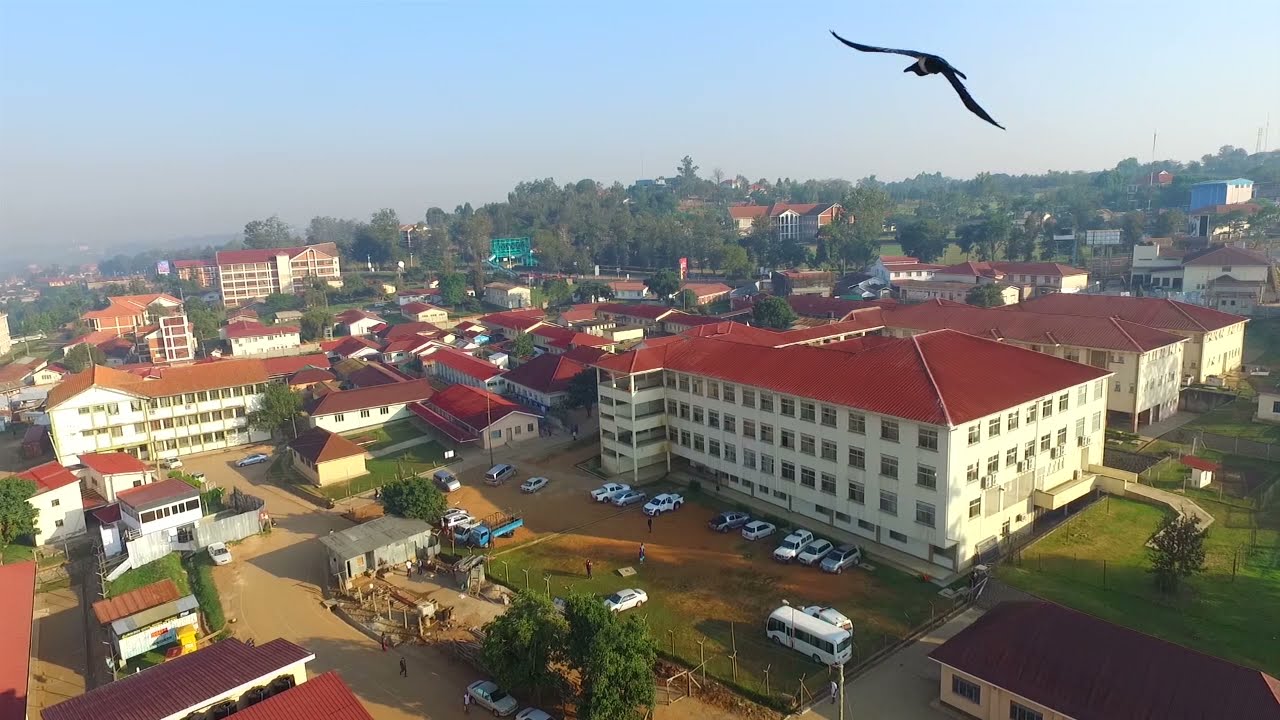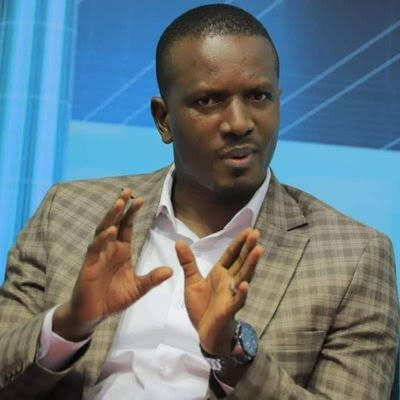The introduction of the new competence-based curriculum has birthed an enormous wave of hope amongst Ugandans that the menaces of unemployment and poverty will be dealt a weighty blow. For a large part of the NRM establishment, it is conspicuously clear as day that unemployment and poverty have been on an upward trend with no end in sight. Yet the plausible explanation to that, according to Mr. Museveni’s government and many an elite, is the subpar education system.
The age-old argument goes that the old curriculum is so theoretical, it churns out not only incompetent professionals who don’t meet the minimum demands of the modern job market but also job seekers, to the larger extent. The insinuation here is partly that to be an entrepreneur, job creator or investor is solely a function of which type of education one attained. What is this, if not hypocrisy or lazy thinking?
The rolling out of the new curriculum has caused many Ugandans, academic and non academic, to start talking as though soon the country will be flooding with a new breed of manufacturers, entrepreneurs and all sorts of competent professionals. By extrapolation, therefore, the howls of derision at the notorious unemployment and poverty by the populace will only represent a negligible chapter of sadness in our history. Ceteris paribus, government here appears to be some elusive Hollywood star acting a movie and any attempts by a carefree teenager to imitate them are met with futility and depression.
Skepticism aside, the new proposals in the competence-based curriculum (CBC ) can only improve our education only if the fundamental questions are answered. I mean, there are things our government and its reactionaries are trying hard to sweep under the carpet, painting a picture that education can be discussed in isolation or all other sectors are okay and education is the only thorn in its flesh.
In Uganda, where primary school children trek miles to reach their schools where they spend each of the seven days in a week surviving on dry oxygen for breakfast and lunch, should introduction of a new curriculum feature in even the first hundred of our priorities? I mean, we have many schools upcountry and some in urban centers where infrastructure is a total mess; buildings are dilapidated and empty, some have never been constructed.
In some school pupils use their forefingers to write in the soil, the same conditions under which Mr. Museveni studied in the 1950s at Kyamate Primary school. Are those the same schools that are going to train hairdressers, Musicians, footballers, entrepreneurs et cetera under the CBC and turn everything around as it is being perfunctorily alluded to?
There is one other thing that’s not explicated to us well enough, that why almost in the first decade of NRM regime there was hardly this talk of pertaining the ineffective education system & it’s half-baked products. This has made countless rounds in the 21st century after a protracted stay of the NRM. Majority of our policy makers today are products of the same system they demonise with passion. Are we being led by incompetent fellows? Maybe yes, though not because of the system they went through..
Assuming our current leaders passed through the same system and got out with considerable competence what then has outrageously changed in a blink? A senior citizen once concurred with me that the old curriculum itself was not effectively implemented. There was no way it could have been of importance – for instance in majority of government schools, students go laboratories in form four, towards the Mock exams or UNEB. Reasons being among others, there’s barely any apparatus and reagents in the laboratories and in places the infrastructure was absent. How can one expect competence from such schools? If a secondary teacher who is supposed to attend to not more thirty students attends to seven streams each consisting of 60 plus students, how can that system be implemented? What stops govt from employing enough teachers, building enough infrastructure, and equip them well? Is it because there are no enough funds?
A meticulous examination of events in other sectors reveals a similar downward trend in the quality and quantity of services being offered implying that our society as a whole needs a solution not just education. The solution lies in Ugandans regaining their power from the usurpers who took it away 38 years ago. For sixty two years now Ugandans have never voted a president in or out of power. It’s therefore a no-brainer that such leaders cannot respect the citizenry.
Seventy percent of secondary schools were unable to register their candidates for UCE last year owing to extortionate registration fees required to register them under the new curriculum, failure to have taught students some subjects due logistical and human resource challenges. And yes, these salient predicaments point to a broad deficit of effective governance in the country.
A similar situation obtains in all other sectors and the cause is the same. Recently medical interns sat down for two years because government was citing shortage of money to pay them the deserved allowances they were demanding. In the same sector of health, a whole regional referral hospital like the one in Fort Portal can not test for peptic ulcers, typhoid and other ubiquitous ailments that continue to have Ugandans tormented like Israelites fleeing Pharaoh’s bondage of slavery.
These things happen when Museveni’s budget dwarfs those meant for both health and education combined. I mean, Museveni’s home and office use over 600 cars purchased and serviced by the tax payer yet the ministry of of health doesn’t have more than 200 ambulances.
Museveni’s daily expenditure or that of his joke of a parliament could refurbish innumerable schools in the country or purchase innumerable CT scans for deserving hospitals. The budgets of security and defence are perennially bloated as those of key sectors plummet. War-mongering better than improving education, right?
It’s therefore clear to even the most half-witted as hummingbird that the priorities of government (military junta) are incongruent with those of the population it claims to be leading – a deliberate political mistake that is perpetrated with impunity. It’s also intriguing why government would liberalize key sectors of economy; education and health to the current levels as the rest of the economy. Even in the most capitalistic world, Education & health are not as privatized as they’re in Uganda.
Conclusively, a robust education system that is meant to improve the lives of the citizenry can only be put in place by a people-centered government that is not only transparent but also subservient/subject to the interests of the people. It is therefore imperative upon Ugandans to first answer the democratic question, regain their power from the junta then ask for that education they want from a government over which they have control.
About the author; Araali Rujumba is an active member of Rac Kabarole, practices medicine and has never been seen naked by a woman.




















